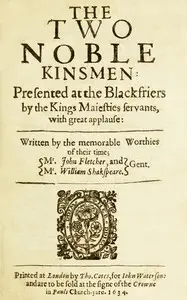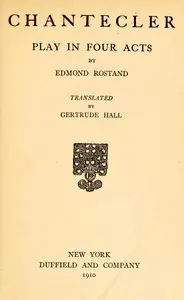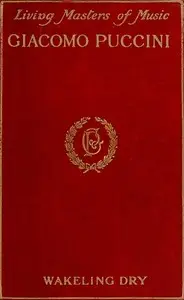"The Comedy of Errors" by William Shakespeare is a humorous story from the 1500s that highlights mix-ups, relatives, and complete disorder from things getting confused. It's about two pairs of twins who look exactly alike but were split up when they were born. The story mainly follows Ægeon, a dealer from Syracuse, who's in deep trouble while searching for his lost family in the town of Ephesus. The play starts with an intense scene in a courtroom in Ephesus. Ægeon is given the death penalty for breaking the city's rules because he's from Syracuse. He tells the sad story of how a shipwreck caused him to lose his wife and twin boys. At the same time, Antipholus of Syracuse shows up in Ephesus, not knowing that his twin brother, Antipholus of Ephesus, and their matching servants are also there. With all the misunderstandings and mix-ups happening, the stage is set for a funny story full of messes as everyone figures out what's going on with their lives.
![The Comedy of Errors
The Works of William Shakespeare [Cambridge Edition] [9 vols.] by William Shakespeare](https://cdn.a2-host.cloud/IY9VTadgcx-0b4POhf8BBp6L9lmktqVv5Ukll2ebYWc/rs:fill:760:1100:0/g:ce/aHR0cHM6Ly9zcC1hc3NldHMuczMudXMtd2VzdC0wMDQuYmFja2JsYXplYjIuY29tL2Jvb2svMjMwNDYvVGhlX0NvbWVkeV9vZl9FcnJvcnNfVGhlX1dvcmtzX29mX1dpbGxpYW1fU2hha2VzcGVhcmVfQ2FtYnJpZGdlX0VkaXRpb25fOV92b2xzX2NvdmVyLmpwZw.webp)
The Comedy of Errors The Works of William Shakespeare [Cambridge Edition] [9 vols.]
By William Shakespeare
Separated twins trigger a hilarious domino effect of mistaken identities, leading to utter mayhem.
Summary
About the AuthorWilliam Shakespeare was an English playwright, poet and actor. He is widely regarded as the greatest writer in the English language and the world's pre-eminent dramatist. He is often called England's national poet and the "Bard of Avon". His extant works, including collaborations, consist of some 39 plays, 154 sonnets, three long narrative poems and a few other verses, some of uncertain authorship. His plays have been translated into every major living language and are performed more often than those of any other playwright. Shakespeare remains arguably the most influential writer in the English language, and his works continue to be studied and reinterpreted.
William Shakespeare was an English playwright, poet and actor. He is widely regarded as the greatest writer in the English language and the world's pre-eminent dramatist. He is often called England's national poet and the "Bard of Avon". His extant works, including collaborations, consist of some 39 plays, 154 sonnets, three long narrative poems and a few other verses, some of uncertain authorship. His plays have been translated into every major living language and are performed more often than those of any other playwright. Shakespeare remains arguably the most influential writer in the English language, and his works continue to be studied and reinterpreted.


















